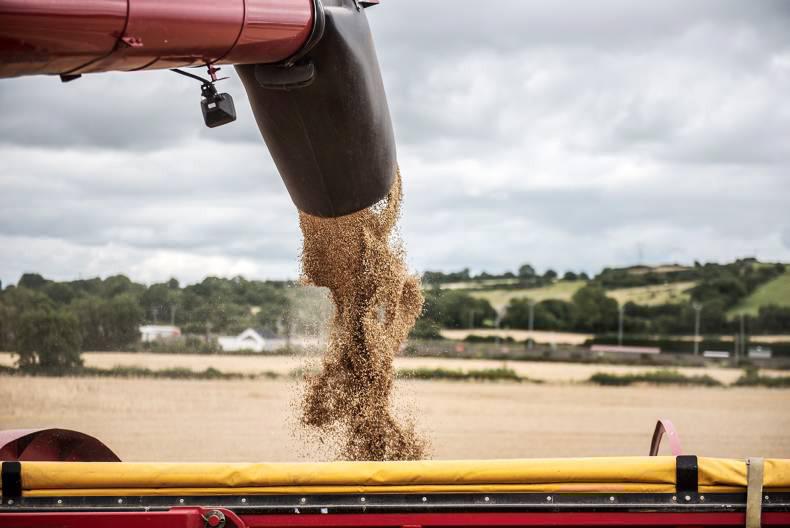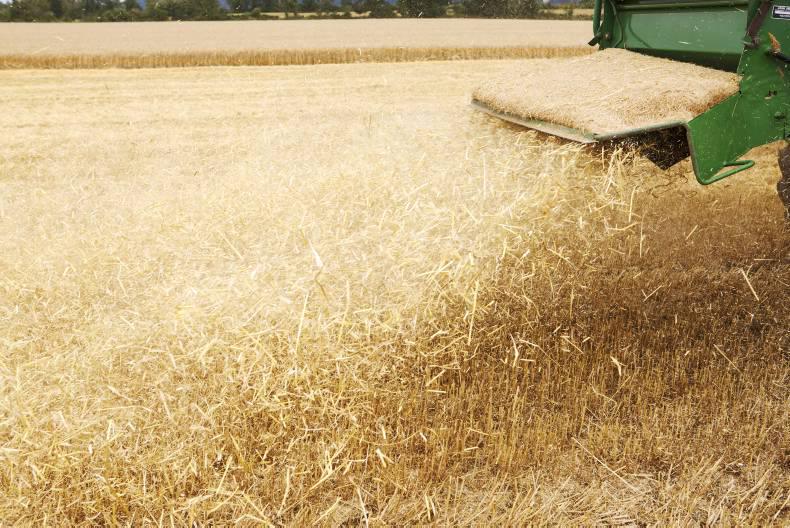An improvement in the weather last weekend has enabled growers in the northwest to get the main part of their harvest under way.
This followed two full weeks of very broken weather where virtually no harvesting was done in that region. And that bad weather also caused a lot of lodging, which will slow the remainder of the harvest.
By early this week there was barely half the harvest saved in Donegal due to wet weather. But lodging is not confined to this county, and is also having an effect in other counties from there to the midlands in both spring barley and oats.
Estimates
Different estimates earlier this week suggested the harvest is 70-75% complete but I think we are now well into the last 20% nationally. There is a general consensus that most crop yields are up on last year but the extent of this difference varies. This week IFA indicated a likely 2.203Mt harvest, up from their 2.106Mt estimate in July.
Teagasc also released a harvest estimate this week in its Crop Report. This is considerably higher than the IFA’s, at 2.542Mt. This figure is actually higher than its 2013 harvest estimate of 2.401Mt. While yields of most crops have been high up to now, recent reports would indicate that they have slipped in later-harvested crops. Spring barley yields are now tending to be in the 2.6-2.8t/acre range. Some of the yield reduction is a direct consequence of lodging losses.
Big global harvest
But the prospect of a big global harvest remains and this continues to pressure grain prices. Recent output estimates continue to support a very big global maize harvest. Recent US and EU reports support this view.
While lower grain prices may offer short-term relief to livestock producers, they also threaten grain production. Any fall in acreage will hit input supply businesses.
“The relentless price cost squeeze and low or negative margins will force many professional tillage farmers to question their long term viability,” said Liam Dunne of the IFA. “Any enterprise that is not making sufficient profit for reinvestment has no future.”
Liam called on all input manufacturers, suppliers, seed assemblers and the merchant trade to recognise the gravity of the current situation. “Margins on inputs need to be reduced and the savings passed back to growers to help protect their long-term viability,” Liam said. He called for a serious long-term realignment of input costs to reflect the substantial volatility in grain prices.








SHARING OPTIONS